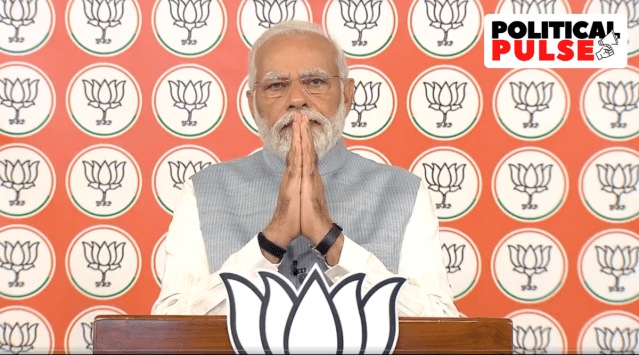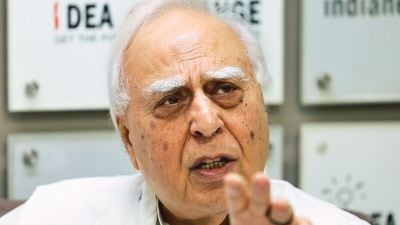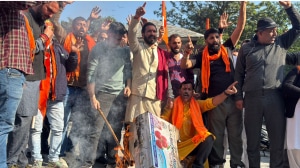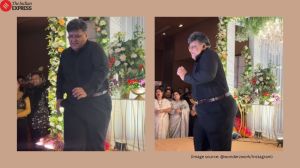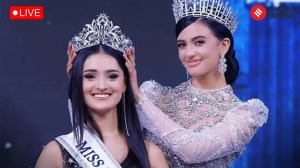THE Congress’s complaint to the Election Commission over Prime Minister Narendra Modi’s video appeal to Karnataka voters on Tuesday, a day before voting, has again highlighted a loophole in the rules that allows political parties to campaign on social media during the “silence period” of 48 hours before polls.
The PM’s appeal was posted on Twitter on Tuesday morning, while the authorised campaigning period for the Karnataka polls ended at 6 pm Monday. The Congress has alleged violation of the “silence period”, that comes into place at least 48 hours before voting, under the Representation of the People Act, 1951.

However, a source in the EC pointed out, Section 126 of the RP Act that covers this talks about public meetings and processions being prohibited during the “silence period”, as well as any display of election material “by means of cinematograph, television or other similar apparatus”, or propagation through musical concerts or theatrical performances in “any polling area”.
It makes no mention of social media, or campaigning from outside the “polling area”, the source said.
On January 17, 2019, the EC had written to the Law Ministry proposing an amendment to the Section, in order to prohibit dissemination of any election material by means of print and electronic media as well as through intermediaries “or through any other means” in the 48-hour silence period. The EC had noted that the Law Commission had also recommended an amendment to Section 126.
“The Commission desires that action for amendment… may be taken up at the earliest so that it may be given effect to during the upcoming elections,” the EC had written.
According to EC sources, the proposal remains pending with the government.
Story continues below this ad
Former Chief Election Commissioner O P Rawat, who was in office from January to December 2018, and was an Election Commissioner for three years before that, told The Indian Express that, in his opinion, Section 126 of the RP Act covered all mediums of electronic communication that could reach the masses quickly.
“My understanding is that since the Election Commission wrote to the government in 2019, they may be feeling constrained to act now. Because before the letter, the Section acted as a deterrent against social media appeals in the silence period,” Rawat said.
However, on December 13, 2017, when the EC issued a notice to Congress leader Rahul Gandhi for giving a television interview during the silence period ahead of the Gujarat elections, it was forced to withdraw it four days later, after the loophole was pointed out.
In its letter to the Congress on December 17, 2017, the EC wrote: “The Commission is of the considered view that due to multi-fold expansion of digital and electronic media, the extant Model Code of Conduct, Section 126 of the RP Act, 1951, and other related provisions require revisiting to cater to the requirement and challenges of the present and emerging situations.”
Story continues below this ad
In February this year, the Tripura Chief Electoral Officer issued notices to the BJP, Congress and CPI(M) for social media posts appealing for votes during the silence period ahead of the state Assembly polls. The notices cited Section 126 1 (b), which prohibits “display to the public any election matter by means of cinematograph, television or other similar apparatus” in the time period 48 hours before polling.
When asked if any further action was taken on the notices or if they were withdrawn, an EC spokesperson did not respond. Tripura CEO Kiran Dinkarrao Gitte could not be reached for comment.

